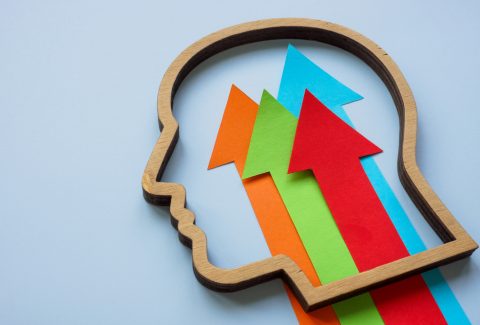Self-Love: Do We Really Know What It Means?

Self-Love: Do We Really Know What It Means?
“A human being is a part of the whole, called by us, “Universe,” a part limited in time and space. He experiences himself, his thoughts and feelings, as something separated from the rest-a kind of an optical delusion of his consciousness.”
You are familiar with this quote from Einstein. One of his most famous quotes in the scientific community, though not as widely known outside of it. Very deep, wise, and a confirmation of what many other scientists and great, wise geniuses had discovered. It is contrary to our belief that we are separate entities, and that what we do has no effect on each other or the rest of the universe. That is the “optical delusion,” as Einstein puts it. Our own day-to-day lives confirm for us our false belief that we are separate from each other. A part of us knows, however, that there could be nothing further from the truth. In other words, we are not separate. We are one.
While this is a scientific discovery that allows for philosophical theorizing, for our purposes (at least for now), instead of talking about the discovery, we will instead, focus on its ramifications.
It may be obvious that if our own human experience is based on an “optical delusion,” it may become easy to understand that the beliefs that we hold, that are part of that same human experience are likely to be erroneous. One such group of beliefs is regarding “Love,” which we talked about in our last article.
Today, we are going to focus on a “variant” of Love, which is “self-love” and it starts with a question: “Do we really know what it means?
A first group (Group 1) of individuals see “self-love,” as the answer to it all and as the exact opposite as “loving others.” They then focus on “loving themselves,” with no “love” to spare for others. Some may call this, “Selfish Love”
-
A second group (Group 2) of individuals see “self-love,” as something totally selfish to do. Just like Group 1, they also see it as the exact opposite of “loving others.” They differ from Group 1 by focusing on “loving others,” while “loving themselves” remains a taboo, which they, therefore, stay away from and at times fight at all costs. Some may call this group: “Selfless Love”
-
A third group (Group 3) of individuals do not see “self-love” as the opposite of “loving others.” Rather they hold that “self-love” means “loving myself first.” They believe, “I cannot give what I don’t have. For me to give something I must have it first.” These individuals then start to focus on loving themselves, while leaving others, for the future. This is similar to how many of our clients tend to leave happiness for the future while working on that goal that never seems to really bring them the happiness they believed it would. These individuals then seem to run no chance of meeting that goal of “loving others,” though they continue to hope to do so while working on “loving themselves.” Some may call this group: “Self-Love First”
Some questions to consider:
-
What are your thoughts on each of these three groups of individuals?
-
Which group do you identify the most with?
-
Why is it that none of these groups really understand what “self-love” really means?
-
Based on the scientific discovery that we are not separate; might someone be actually loving others when loving oneself; and loving oneself when loving others?
-
If #4 is correct, does “self-love” versus “loving others” sound the same as our recent insightful understanding of what it means to contribute to oneself, others, and the world?
Both Neuroscience and cognitive psychology have shown time and time again that we don’t know what we don’t know; that often enough, we don’t know that we don’t know what we don’t know; while even at times, we don’t know that we don’t know that we don’t know what we don’t know. We now also know why that is. We’ve been experiencing life based on an optical delusion of our own consciousness. But there is another way. It starts with insight, awareness, and insightful understanding, which takes place in the midst of inquiry.
Let us engage in the above inquiry. Let us answer the above five questions. Let us be open-minded, seek the Truth, like a real scientist, that all of us, clinicians, are called to be, for the sake of the work we do.
Self-Love: Do We Really Know What It Means? More later. Meanwhile, we send you
Love,
Karen and Mardoche






